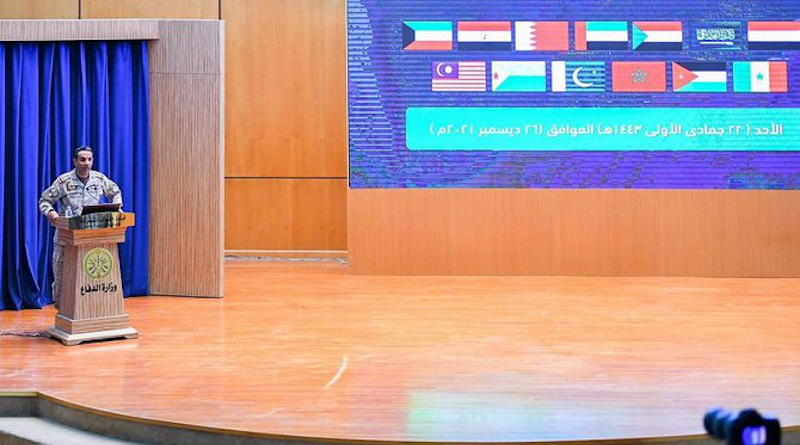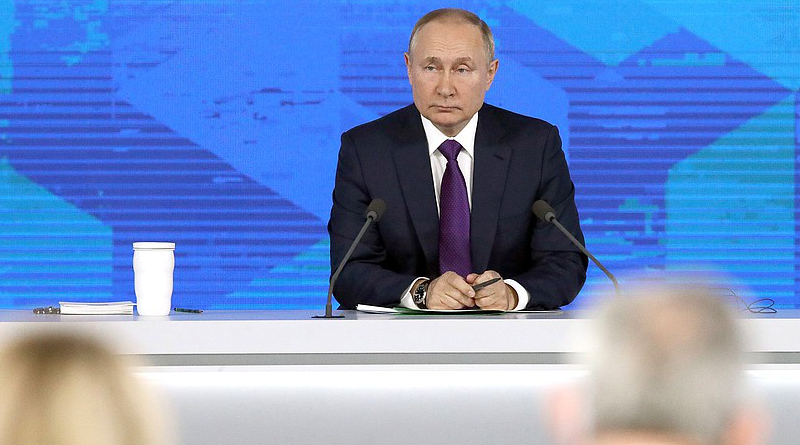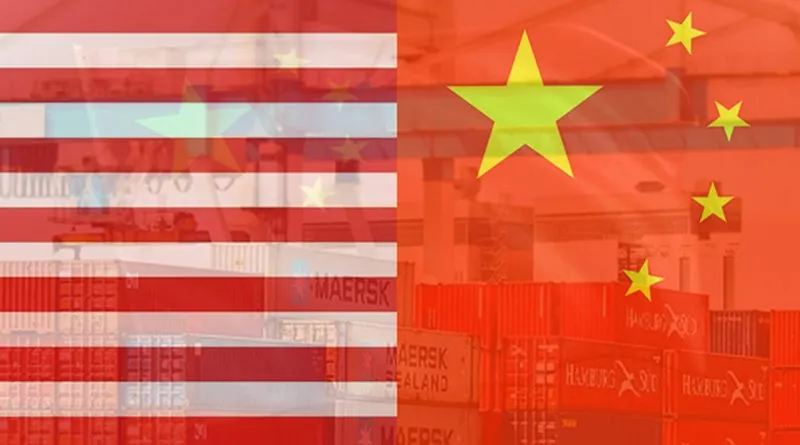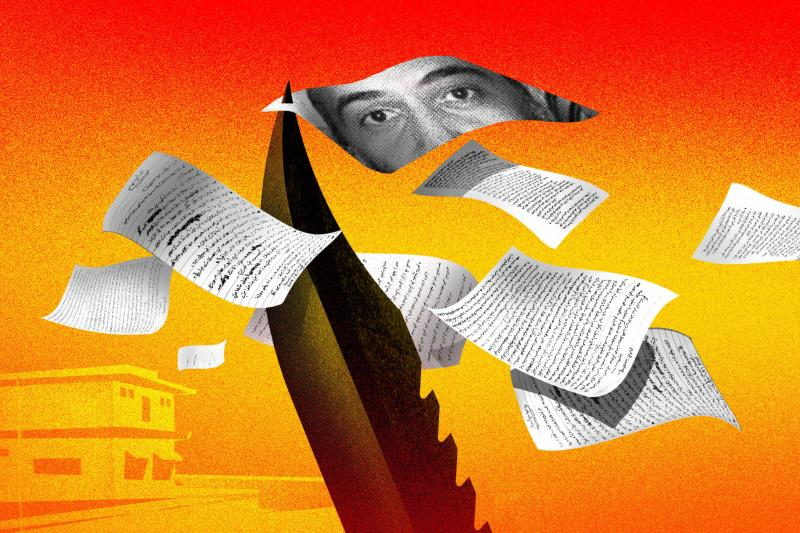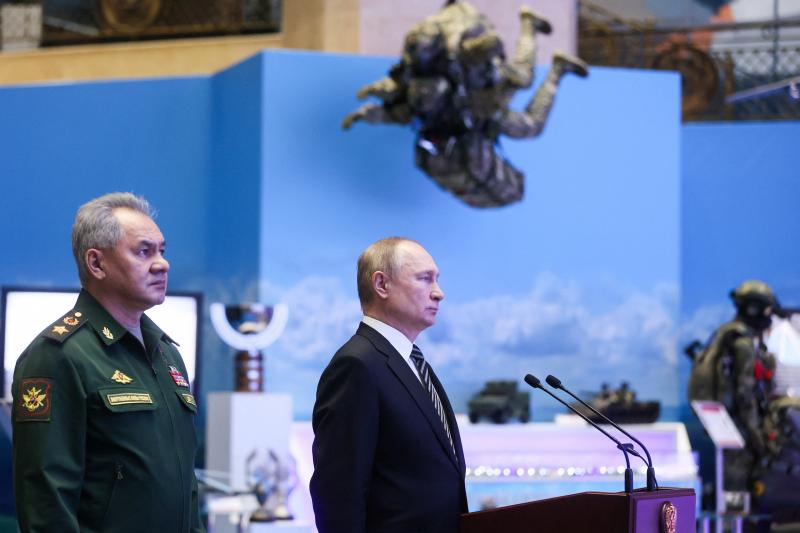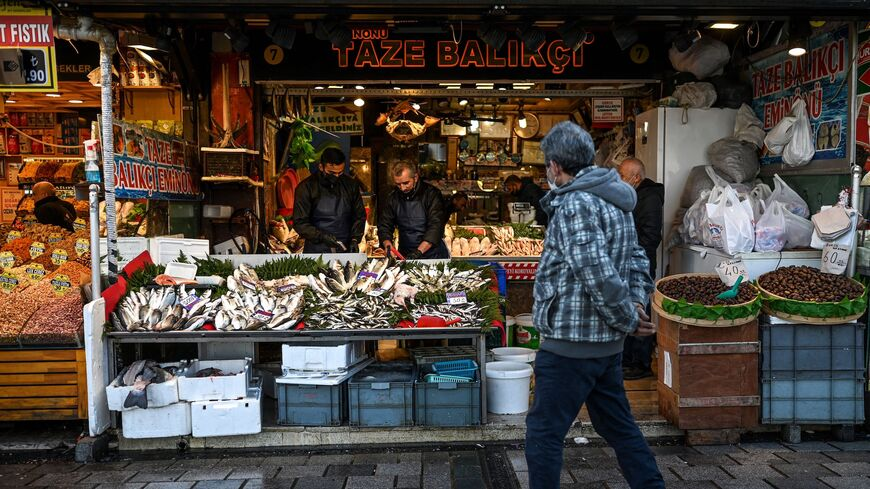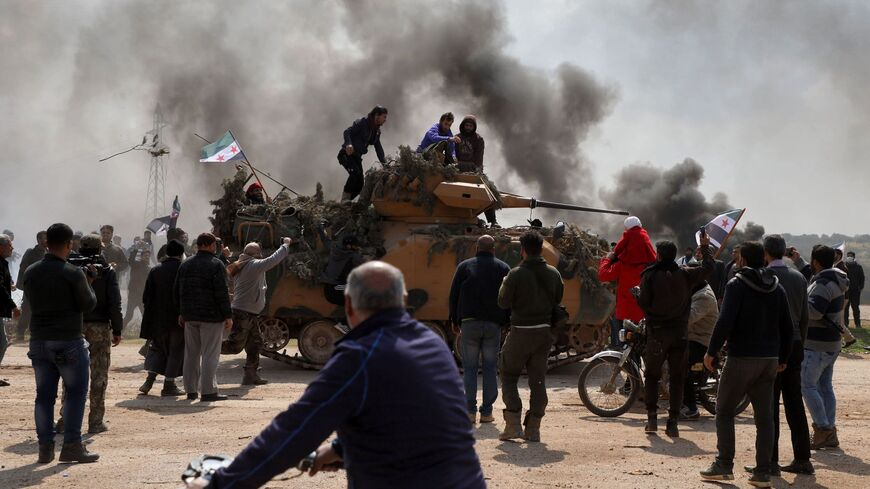Va fi sau nu va fi război?
Idei principale:
Tratatul și acordul propuse de Rusia Statelor Unite și NATO sunt mai degrabă ultimatumuri, dar ce prevederi conțin ele?
Cum dorește Putin să arate arena internațională?
Ciclurile din istoria Rusiei și dorința de revanșă
Putin vrea să împartă lumea în sfere de influență după modelul Molotov-Ribbentrop
De ce a acceptat administrația Biden să negocieze cu Kremlinul
De ce este importantă Ucraina pentru Rusia
Care sunt liniile roșii ale Rusiei și la ce sunt ele bune
Situația politică internă din Ucraina
Cât de puternică este astăzi armata ucraineană după șapte ani de modernizare
De ce Putin crede că o Ucraină pro-occidentală nu există, și doar una pro-rusească
Concluziile după video-conferința Biden-Putin
Cum s-ar putea încheia negocierile cu Rusia de la Geneva și Bruxelles?
Va renunța NATO la Deveselu ca să calmeze Rusia?

